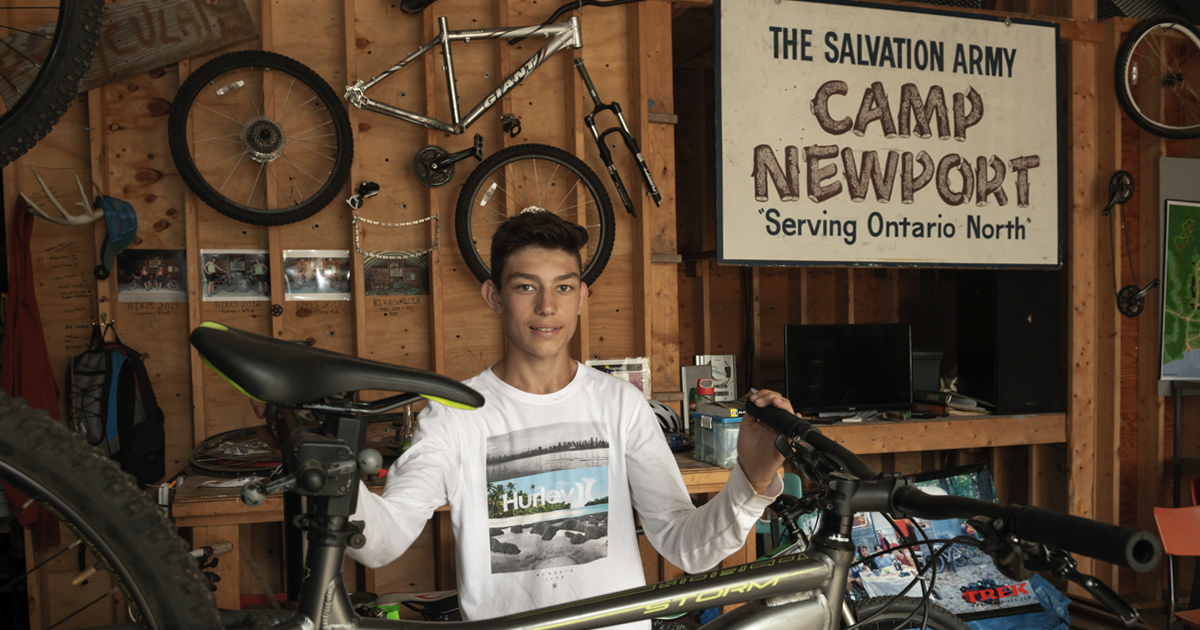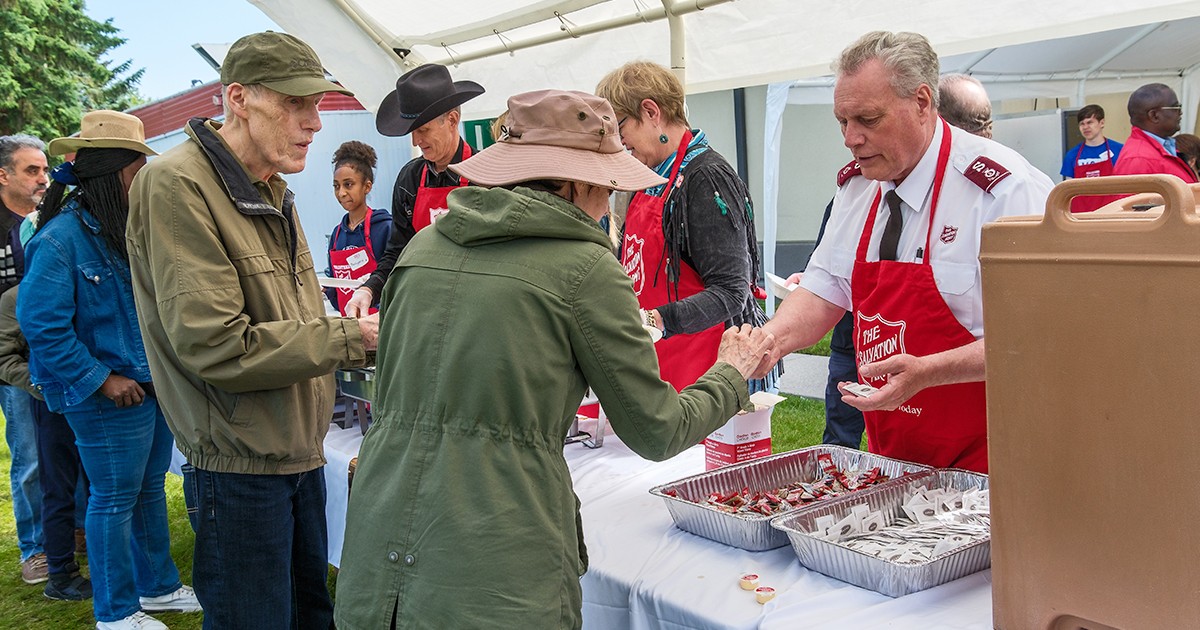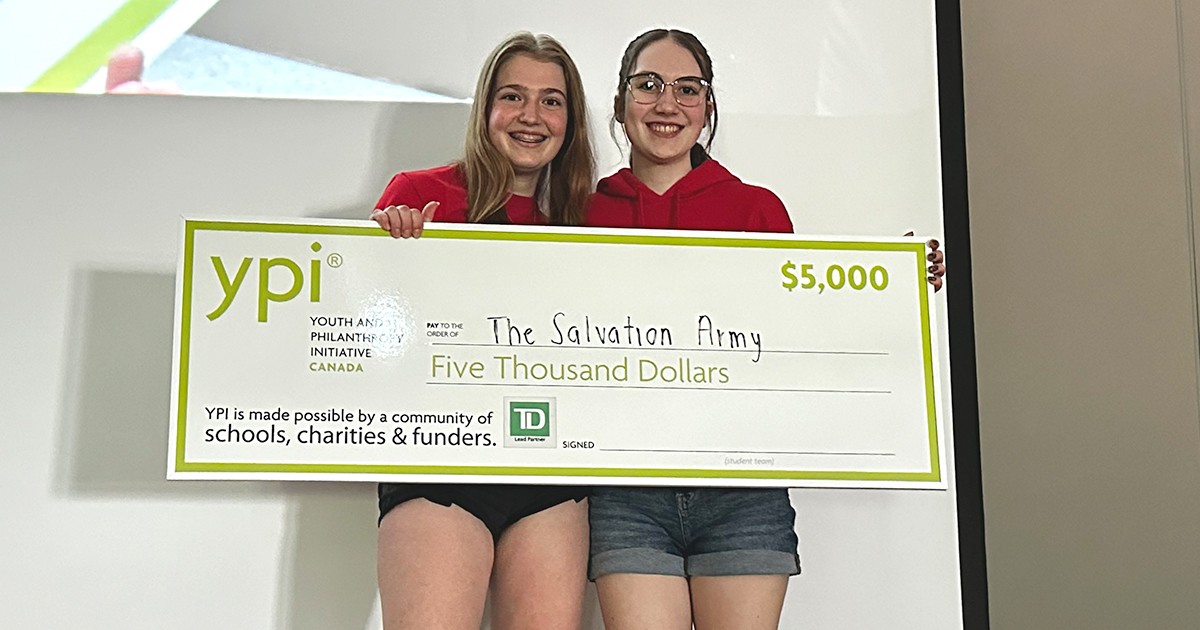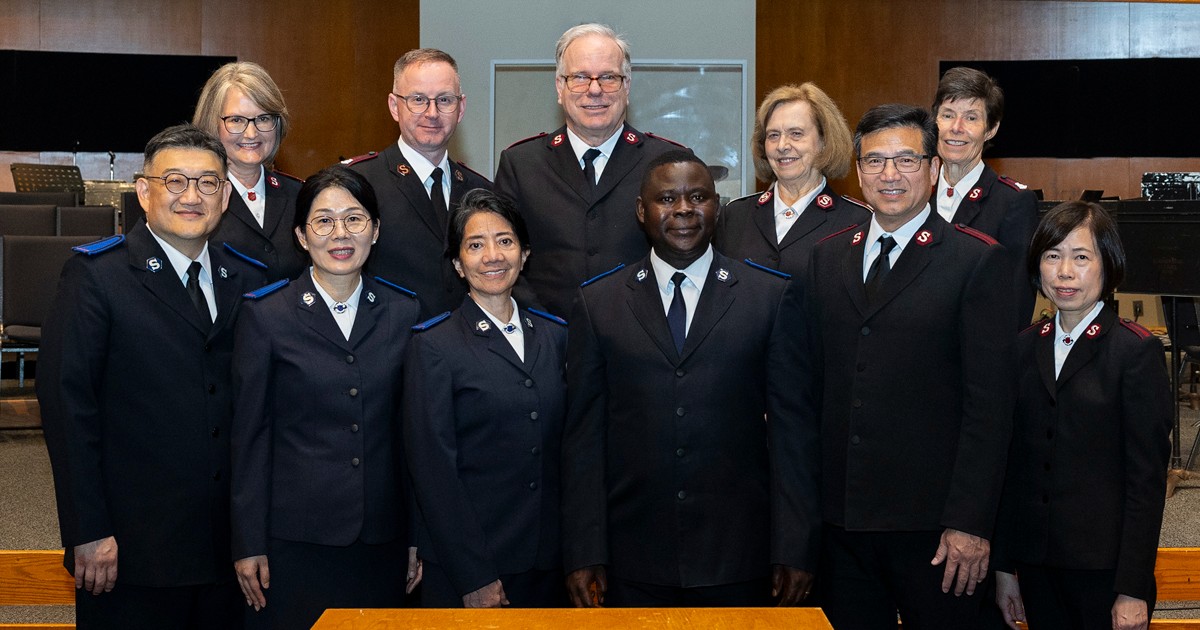This summer, thousands of children and youth will once again converge on Salvation Army campgrounds with sleeping bags, backpacks and boundless energy. Since the first Salvation Army “fresh air” camp in 1900, held for less-fortunate children in Winnipeg, camp has been a life-changing experience for many. After two years of modified camp experiences due to COVID-19 health protocols, camp is back!
The pandemic gave us an opportunity to review what we do and how we do it in many areas of ministry, including camping. As restrictions ease, it’s important to ask crucial questions as we move forward. We are entering a different world, as a different Salvation Army. How can we maximize our mission impact as we continue to engage with children, youth and our communities through camping?
Why Camping Ministry Matters
Camping is a prime opportunity to share the love of Jesus, meet human needs and be a transforming influence in our communities. At camp, surrounded by nature, children build confidence as they learn new skills, such as canoeing, archery and rock climbing, and increase their competence in swimming, sports and music. They boost their social skills and feel a sense of belonging as they make new friends and reconnect with old ones. And as they spend time with caring counsellors who demonstrate love and acceptance, they experience Christian community. Many campers decide to follow Jesus for the first time at camp.
But camping ministry doesn’t only make an impact on campers and their families—it’s also a life-changing opportunity for the youth and young adults who serve as volunteers or staff. Being part of a team and serving in a variety of roles develop leadership skills for both The Salvation Army and the wider community. Friendships created, memories made and faith deepened are all part of the experience of a summer as camp staff.
How to Optimize Camping Ministry
Camping is not a stand-alone ministry. Rather, it is an extension of The Salvation Army’s mission as expressed through corps and community and family services. As a partnership ministry, camping is most effective when we work together to build bridges to programs that happen year-round in the corps and community.
We can optimize the impact of this ministry beyond the camping season in a variety of ways. Corps can volunteer to be the departure and welcome-home location where kids and families meet for transportation to and from camp. Some corps have hosted camp reunions to bring people from the corps and campers and their families together.
Volunteering at day camp programs to make and serve snacks or help with sports and crafts provides wider connection points for campers. Supporting day camp registration and closing programs lets campers and their families know there is a broader Salvation Army community. Some families have connected with a corps after receiving a personal invitation to attend Rally Day events.
We can also increase the mission impact of camping ministry as we encourage youth and young adults to consider serving as volunteers or staff members on the ministry team. Staff members value having a prayer partner from their home corps. Receiving a card or letter from a prayer partner usually comes at just the right moment. Why not have a time of prayer and dedication for staff from your corps and community before they leave for camp? In September, welcome them back and give staff as well as campers an opportunity to share how God worked in their lives through camp this summer.
Camping ministry continues to be life changing. Having been campers, staff members in our teen years and adult volunteers supporting camp programs, Tracey and I personally know the power of camping ministry. Our own Christian lives and leadership journeys have been shaped by camping ministry and those committed to maximizing the mission impact of camping. Let’s all do what we can to optimize mission through camping this summer.
Commissioner Floyd Tidd is the territorial commander of the Canada and Bermuda Territory.
This story is from:










Leave a Comment